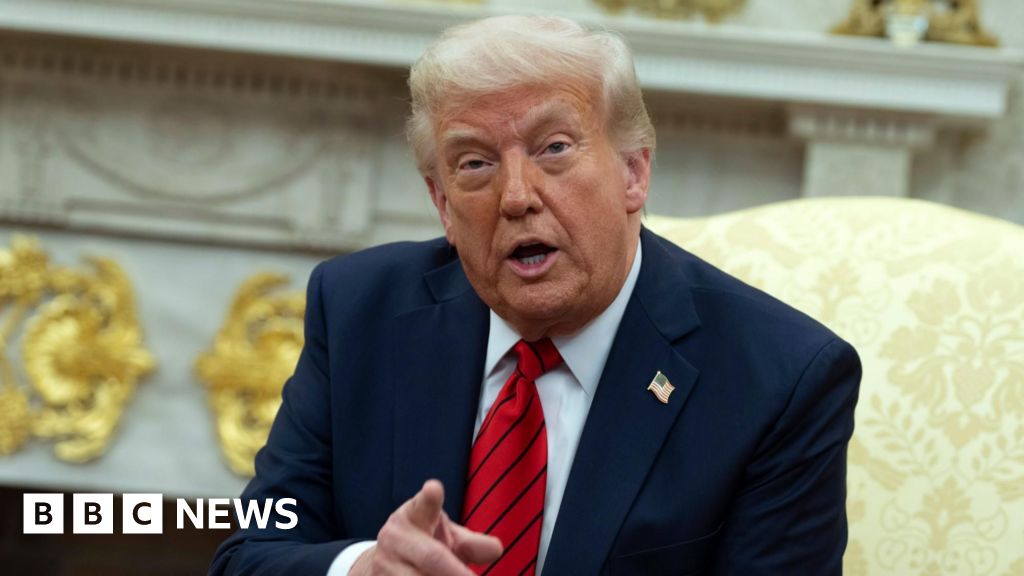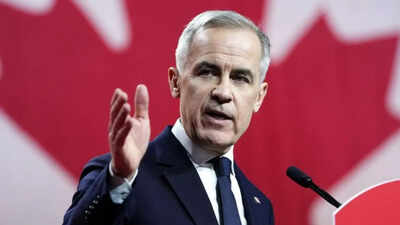President Trump Signals Shift on Ukraine Peace Efforts Amid Russian Stalemate

On Friday, President Donald Trump made headlines with his stark comments regarding the ongoing conflict between Ukraine and Russia. He indicated that the United States might withdraw from its peace efforts if Russian President Vladimir Putin does not agree to ceasefire conditions. Trump's statement highlights a potential shift in the U.S. stance on the matter, reflecting growing frustration with the lack of progress in negotiations.
During a press interaction, Trump candidly declared, If for some reason, one of the two parties makes it very difficult, were just going to say youre foolish, youre fools, youre horrible people, and were going to just take a pass. His remarks underscored a sense of urgency and impatience with the stalled peace talks, as he expressed hope that a resolution could be reached without the need to abandon the efforts entirely.
These comments resonate with remarks made earlier in the day by Secretary of State Marco Rubio. Rubio had participated in a significant meeting in Paris alongside U.S. special envoy Steve Witkoff, French President Emmanuel Macron, and officials from Ukraine, Germany, and the U.K. This meeting was particularly noteworthy as it represented an increase in European involvement in U.S. endeavors to broker a ceasefire between Ukraine and Russia.
Rubio echoed Trumps sentiments, stating that the United States was prepared to move on if tangible progress in negotiations was not achieved within days. He elaborated, Were not going to continue to fly all over the world and do meeting after meeting after meeting if no progress is being made. Were going to move on to other topics that are equally if not more important in some ways to the United States. This statement signals a potential pivot away from a focus on the crisis in Ukraine, raising concerns about the future of U.S. support for the embattled nation.
Currently, Ukraine has expressed willingness to accept both full and interim ceasefire proposals. However, Russia has been slow to respond and finalize any agreements. Despite this, it is reported that Russia has largely complied with a 30-day ceasefire regarding attacks on Ukraines energy infrastructure, although skepticism remains regarding its long-term commitment.
Trump's remarks come in the wake of his frustration with what he perceives as Russia's reluctance to engage in meaningful discussions. In a previous interview with NBC News, he revealed his anger over Putin's seeming unwillingness to cooperate, stating, If Russia and I are unable to make a deal on stopping the bloodshed in Ukraine, and if I think it was Russias fault which it might not be but if I think it was Russias fault, I am going to put secondary tariffs on oil, on all oil coming out of Russia. This threat of secondary tariffs indicates a potential escalation in economic measures against Russia should peace talks continue to falter.
Trump has not yet specified a timeline for how long he is willing to wait for a ceasefire agreement before reassessing U.S. involvement in the peace process. However, he made it clear that he wants a resolution to be achieved quickly, stating, We want to get it done. As the situation unfolds, the international community watches closely to see how the U.S. will navigate its foreign policy approach regarding the volatile conflict.



















